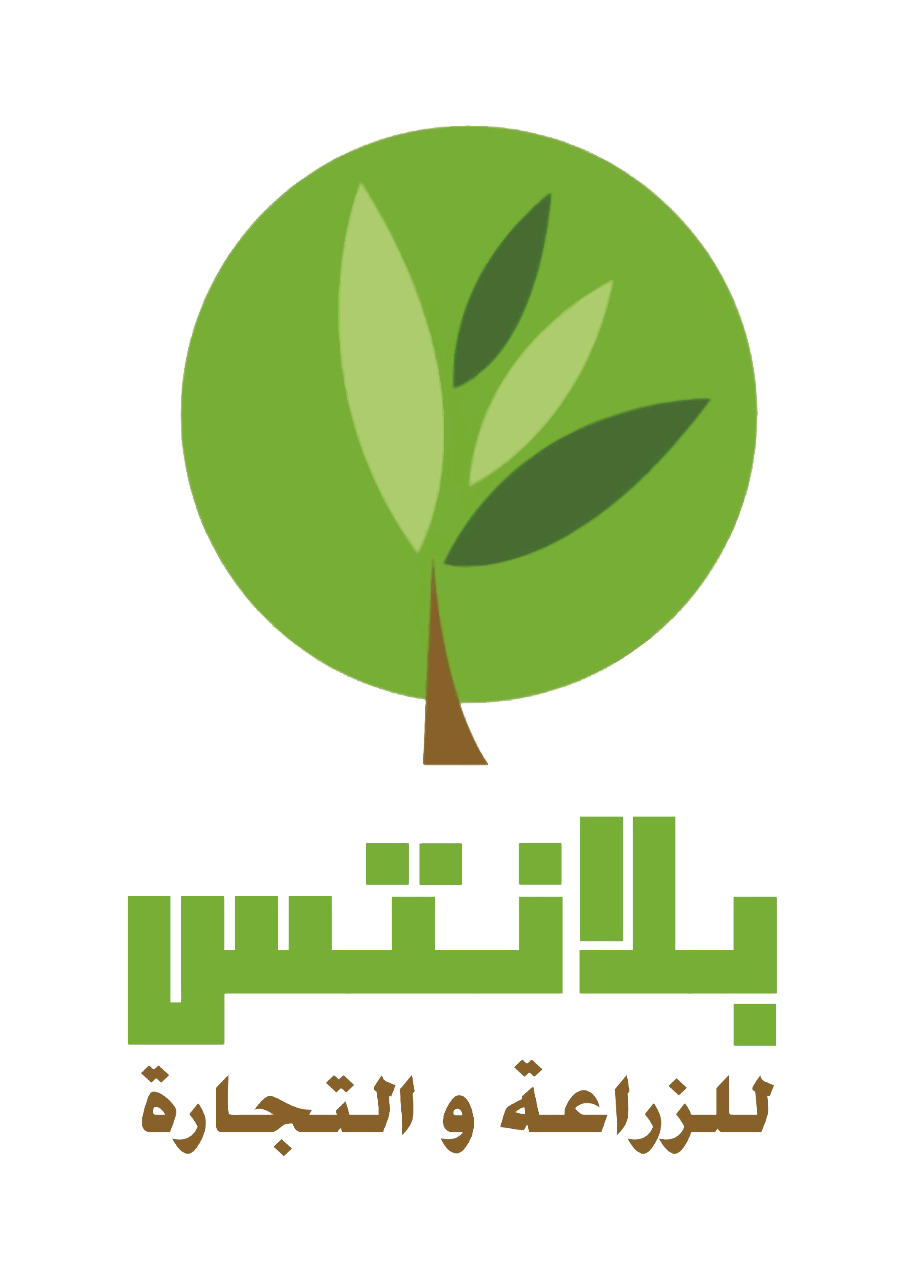- 26 Nov 2010
FAO backs indigenous people
Rome, 26 November 2010 - FAO is defining a new basis for cooperation and dialogue with the world's indigenous populations following the adoption of a new policy designed to ensure that they are considered in all relevant aspects of the agency's work.
Indigenous and tribal peoples comprise around five per cent of the world's population but make up about 15 per cent of the extremely poor.
The "FAO Policy on Indigenous and Tribal Peoples" aims to provide guidance to the agency's various technical units and encourage staff in headquarters and in the regions to engage more systematically and responsibly with indigenous peoples and their organizations.
This will help facilitate the exchange of knowledge and ideas ranging from land tenure issues, sustainable management of natural resources to conservation of traditional knowledge and diversity of traditional food systems for the benefit of rural communities and indigenous peoples.
"With the preparation of this policy paper, FAO aspires to play an important role in the international community's efforts to ensure a better life for indigenous peoples and rural populations" said FAO Director General Jacques Diouf in the preface to the report. "The fight against hunger cannot be won without them."
Environmental harmony
Many indigenous peoples live in symbiosis with the environment and are highly dependent on natural resources for their livelihoods. They also often have specialized knowledge about nature's resources and diversity, both on land and water.
"However, efforts to achieve food security and sustainable development are being compromised by continuing environmental degradation and the erosion of traditional skills" the FAO policy notes.
In addition, many of the lands inhabited by indigenous peoples are highly vulnerable to climate change. As a result, the inhabitants of these areas have advanced knowledge and coping strategies that may prove useful in broader adaptation to future climate scenarios.
The policy was prepared in close consultation with indigenous representatives, the UN Permanent Forum on Indigenous Issues and other UN agencies, as well as numerous individual experts. The content of the policy is based on international legal instruments such as the UN Declaration on the Rights of Indigenous Peoples, adopted in 2007.
